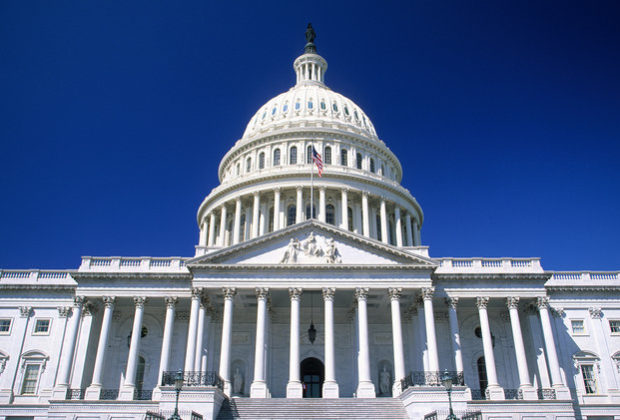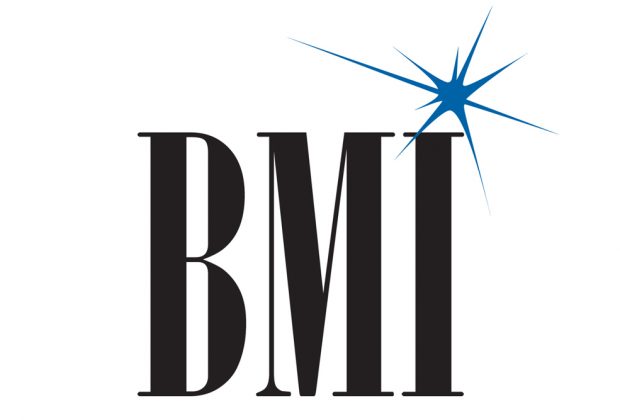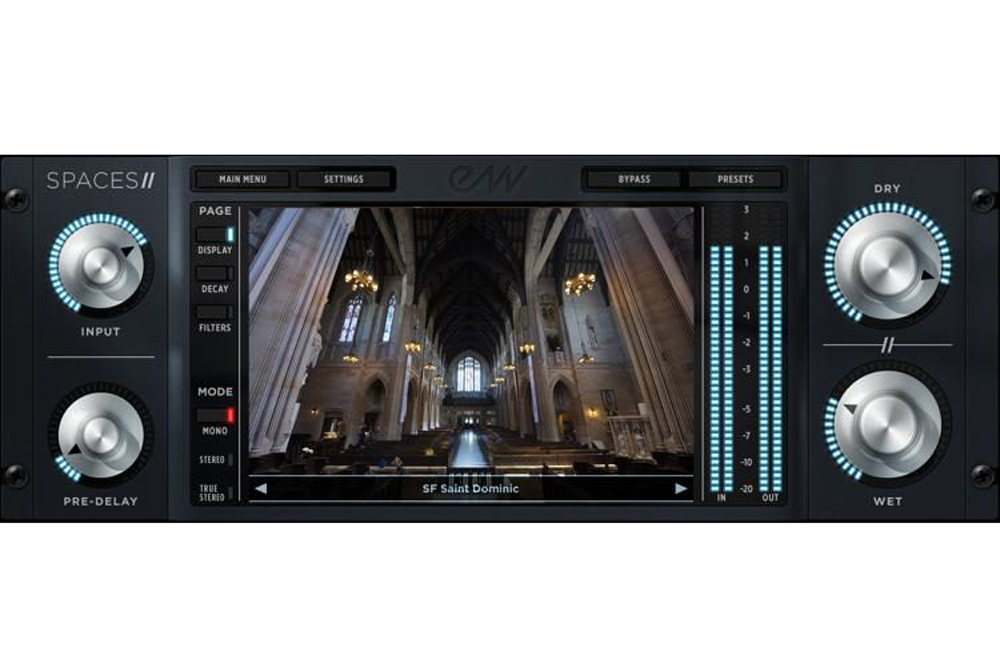On Oct. 11, 2018 the Orrin G. Hatch-Bob Goodlatte Music Modernization Act (“MMA”) was signed into law. The MMA updates federal law having to do with copyright issues for music due to new technologies.
The MMA modernizes Section 115 of the US Copyright Act and is intended to bring it up to date to cover streaming services. It is actually a consolidation of three separate bills.
The background surrounding this new law is that digital streaming services, such as Spotify and Apple, had been sued for failing to pay royalties for streaming music. Part of the problem was that there was no central database to determine who the songwriters and composers were that were entitled to be paid.
Many music industry groups that represent musicians, music producers, publishers and digital streaming services supported the bill.
The MMA contains the following provisions:
• One of the goals of the MMA is to simplify and streamline the process of music licensing. The MMA will establish a non-profit governing agency that will create a database for the owners of the mechanical licenses of sound recordings. Digital streaming services will pay to establish and maintain the database. The database will be established with the help of the major music publishers. Cost associated with creating and maintaining the data base will be paid by digital streaming services. In the past, it was often difficult for streaming services, such as Apple and Spotify, to determine the mechanical license holders. The new agency will set blanket royalty rates that will be used to pay composers and songwriters when used by music streaming services which utilize this database. These royalties would be paid to the agency as what is known as a “compulsory license,” meaning it will not require the mechanical license holder’s permission. The new agency will be responsible for distributing the royalties. However, streaming services will be permitted to negotiate different royalty rates directly with the mechanical license owners.
• The MMA guarantees that songwriters are paid a portion of mechanical license royalties for both physical and digital reproduction of a composition at a rate established by contract.
• It will change court procedures regarding disagreements over royalty rates. The MMA also provides that there will be a clear legal way to receive unclaimed royalties, which have in the past been held by digital service providers.
• It provides that recordings made prior to Feb. 15, 1972 will now be covered by US Copyright law. Previously, streaming services were not paying royalties for recordings made prior to this date. So now songwriters and artists will receive royalties on pre-1972 songs.
• Sound Exchange is a non-profit organization created by Congress to distribute royalties for sound recordings. The MMA specifies that Sound Exchange will also distribute a portion of these royalties to “ a producer, mixer or sound engineer, who was part of the creative process that created [the} sound recording.”
In sum, the MMA should make it easier for artists to get paid more from digital streaming services like Spotify and Apple.
GLENN LITWAK is a veteran entertainment attorney based in Santa Monica, CA. He has represented platinum selling recording artists, Grammy winning music producers, hit songwriters, management and production companies, music publishers and independent record labels. Glenn is also a frequent speaker at music industry conferences around the country, such as South by Southwest and the Billboard Music in Film and TV Conference. Email Litwak at gtllaw59@gmail.com or visit glennlitwak.com.
This article is a very brief overview of the subject matter and does not constitute legal advice.













